General Information
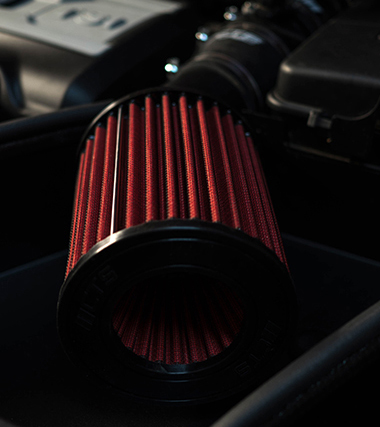
What is Filtration? How is it done?
Filtration is any of various mechanical, physical or biological processes that separate the desired solids, liquids and gases by adding a medium through which only the desired substance can pass. It is also called the filtrate of the passing substance. In this way, unwanted or harmful substances are eliminated and the cycle is ensured to work in a healthy way.
Filtration occurs both in nature and in engineered systems; there are biological, geological and industrial forms. For example, in animals (including humans), kidney physiology filtration removes wastes from the blood, and in water purification, wastewater treatment, unwanted components are removed through interaction with a biological film grown in or on the filter media, as in slow sand filtration.
As a result, filtration systems inspired by nature are used in many areas of our lives with the support of technology.
Filter Types
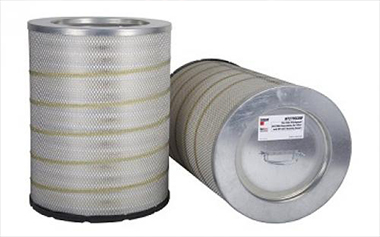
Air Filtration (Air Filters)
What is it, what does it do?
Internal combustion engines need fuel and air. Oxygen is used for the engine to react the fuel and reach the desired energy. Air filters are used to ensure that the oxygen coming from the external environment can come cleanly by removing foreign substances. Basically, the air filter also performs this cleaning process and prevents particles or other harmful substances from reaching the engine. Thus, thanks to the car air filter, there is no particle entry into the engine and the vehicle is provided to operate in a healthy way.
As a result, the engine cleaned with the air filter works as desired and there is no loss of power, the vehicle can produce the promised horsepower and torque. In addition, since the vehicle can move in an ideal way, it is not necessary to press extra gas and fuel consumption is at a standard level.
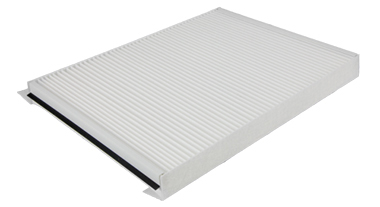
Cabin/Pollen Filtration (Cabin/Pollen Filter)
What is it, what does it do?
In residential centres, there are many gas molecules harmful to health together with large amounts of dust, pollen, soot and other pollutant particles in the atmospheric air. The working environments of work machines or industrial vehicles are areas where these substances are more abundant.
The cabin filter, called pollen filter, ensures that the air coming from outside is purified before reaching the inside of the vehicle in vehicles with air conditioning system. Thus, the air coming from outside is purified from dust and soil before reaching you. You will enjoy a fresh and clean air inside your vehicle. Maintenance and cleaning of this part, which is necessary for the vehicle air conditioner, is also important for this reason.

Fuel Filtration (Fuel Filter)
What is it, what does it do?
It is necessary to clean the fuel that is in the fuel received, which enters the tank when the fuel is taken, which is formed by abrasions in the tank or which goes to the engine caused by pressure difference. The filter element used to clean the fuel is called a fuel filter. The Fuel Filter is used to clean the fuel oil going to the engine of the vehicle and thus the engine operating standard is achieved with clean fuel.
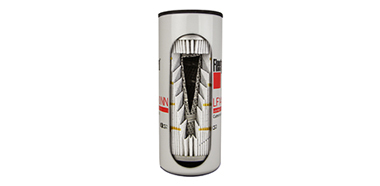
Oil Filtration (Oil Filter)
What is it, what does it do?
In order for vehicle engines to operate without wear, moving parts must be slippery and friction with each other must be minimised. Engine oils are used to prevent wear. Engine oil is contaminated by the deformations that may occur in the engine over time and the soot formed as a result of the combustion of the chemical substances in the fuel used, mixing into the engine oil. The oil filter is to clean the impurities in the oil used in the engine and to filter the engine oil circulating with the oil pump and to send the cleaned oil back to the engine. For this reason, the engine oil filter is of strategic importance for the life and health of your engine.
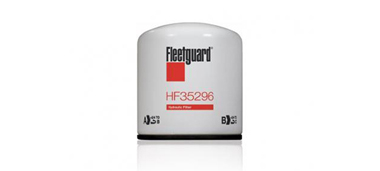
Hydraulic Filtration (Hydraulic Filter)
What is it, what does it do?
The hydraulic system consists of valves, hoses, components and pipes typically used in machines. These systems can be very diverse and complex, but always operate under the principle of using an incompressible fluid under pressure.
Hydraulic systems can generate high amounts of focussed energy, which is often used to lift enormous weights, assist steering equipment/vehicles and various other applications where large forces are required.
